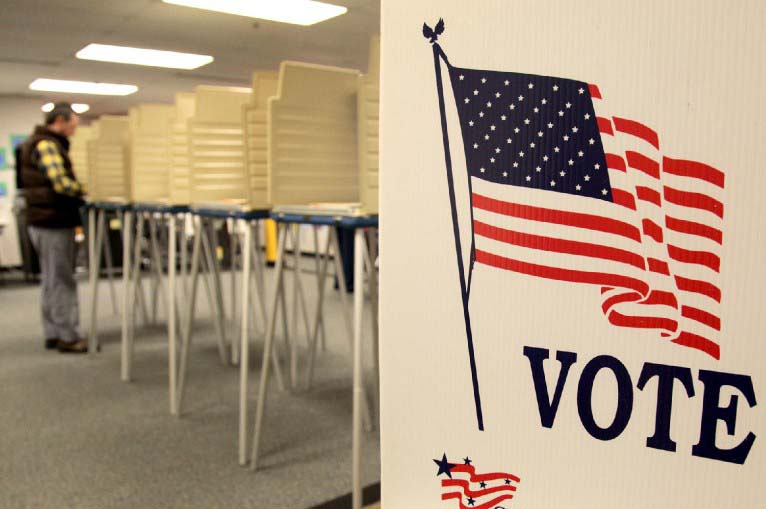Editorial: Stein settlement forces problematic voting equipment vendor on Allegheny County
Marvin Fong, The Plain Dealer | TNS
The interim Board of Elections voted last week for Allegheny County to purchase new voting equipment and software.
October 2, 2019
Following the 2016 presidential election, former Green Party candidate Jill Stein filed a lawsuit against Pennsylvania and two other states seeking a recount of the votes cast in those states. She accused Pennsylvania of violating voters’ constitutional rights by using voting machines susceptible to hacking.
The lawsuit never moved forward and a settlement was reached in November 2018 which stipulated that voter-verified paper ballots are to be required and there will be pre-certification auditing. The agreement also required the new voting system to be in place for the 2020 primary. That deadline is looming nearer, and the county interim Board of Elections voted last week for Allegheny County to purchase new voting equipment and software from a company that has a questionable history. But the deadline prompted by the settlement in Stein’s suit might not have given voters the best choice for new voting equipment.
The board voted unanimously in favor of negotiating the estimated $10.6 million purchase of new voting equipment with Election Systems & Software, the county’s current voting equipment supplier and the largest supplier in the country. The new system will rely on hand-marked paper ballots as stipulated in the settlement, and many experts say that this is the most secure system the county can use.
However, critics have pointed out ES&S’s questionable ethics and conduct. In the past, the vendor has given campaign contributions to those running for office or other things of value like gifts or trips to Las Vegas to serve on an “advisory board.” ES&S gave campaign contributions in August to Philadelphia commissioners who were looking for vendors for new voting equipment.
Allegheny County is composed of 130 municipalities and 43 school districts, with an election system that must support up to 10,000 candidates, 7,000 races and 4,000 different ballot styles. The board found that ES&S was the only vendor that could handle the size of the county’s voting system. Several board members expressed discomfort at the decision that they had to make.
“I think it is concerning that it’s really just the one that seems plausible to function at the level, at the breadth that we need it to,” County Councilman and BOE member Tom Baker, of Moon Township, said in August. “I think that it is concerning that we might have to go with ES&S just by our legal obligation.”
Judge Kathryn Hens-Greco, the interim Board of Elections member who ultimately motioned to choose ES&S over the only other option, Hart InterCivic, also expressed some doubt.
“It’s not great, but it’s as good as we can be right now,” she said after last week’s board vote.
It’s unfortunate that the county was forced to choose something that they aren’t certain will be completely fraud-free and beneficial to voters. ES&S’s track record makes it even more imperative that the state complies with the second part of the settlement — auditing. Hens-Greco explained that this was the only reason she elected to go ahead with ES&S, besides the time crunch.
“I only felt I could in good conscience say we’re going to select ES&S if I simultaneously knew we were going to do post-election auditing,” she said.
Stein’s lawsuit had the potential to open the door to a better, more secure and trustworthy voting system in Pennsylvania. Instead, it forced the state to select a new vendor that it doesn’t totally trust, which is a disservice to its voters.



